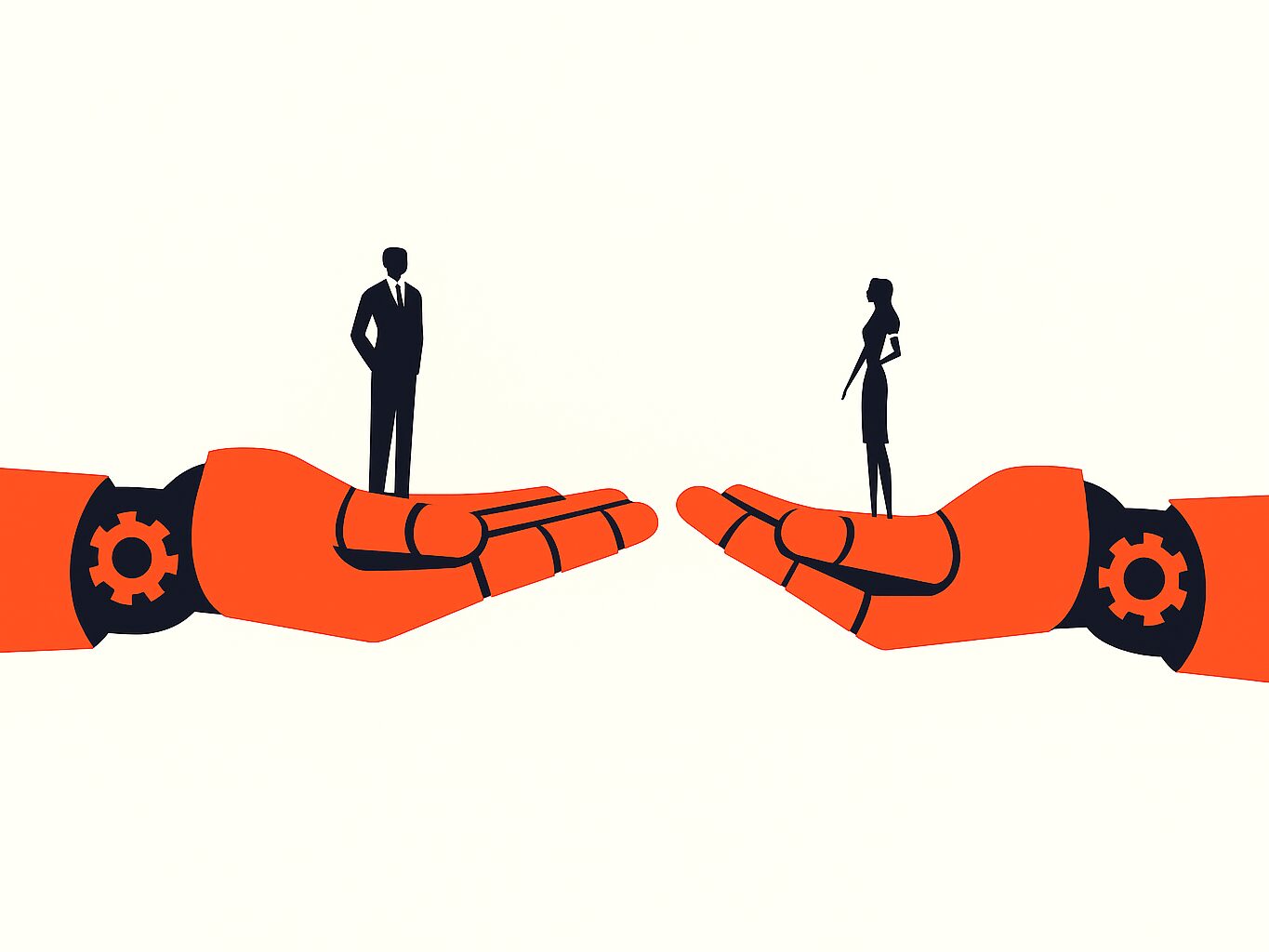Artificial intelligence (AI) is expected to narrow the gender skills gap in UK HR, according to data from Ainigma.
The research listed the top 10 sectors where AI will help close the gap.
These include legal services, financial services, HR and recruitment, journalism, marketing, education administration, healthcare administration, charity, and retail management.
The sectors where AI could increase the gender skills gap include construction, manufacturing, AI development, transport, energy, investment banking, venture capital, scientific research, creative arts and skilled agriculture.
Additionally, the report found the biggest improvements will be in office-based and admin-heavy jobs, where AI can help level the playing field.
AI and tech development was highlighted as a sector where the gender skills gap could actually get worse.
The data also showed that men currently dominate roles responsible for the control and implementation of AI tools, which could build in more gender bias.
The report noted that while AI may not improve the skillsets of top performers, their strategic value rises.
Arne Mosselman, founder and CEO at Ainigma, said: “While AI has been impacting our lives for more than 70 years, it’s only become ubiquitous over the last five years or so.
“It’s therefore vital that business leaders and their employees understand the power of AI and use it to its full potential.
“Our analysis paints a clear picture of the divide across UK sectors and how AI usage is set to impact the gender skill gap.”
Mosselman added: “Surprisingly, there’s a real variety of industries set to see the gender discrepancies increase; ranging from manual labour-focused sectors like construction to those on the cutting edge of innovation, including AI and tech development, engineering and life sciences.
“For leaders in those sectors, there is light at the end of the tunnel.
“The step-change comes when organisations empower their staff and implement fully-functioning AI programmes that drive sustainable, long-lasting change and significant productivity gains.”
He said: “With the right tools in place, a bottom-up GenAI transformation aligned with an organisation’s strategic business objectives can help narrow gender skills gaps, when managed equitably.”
















